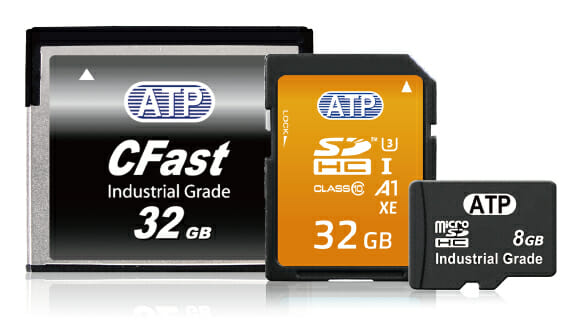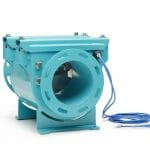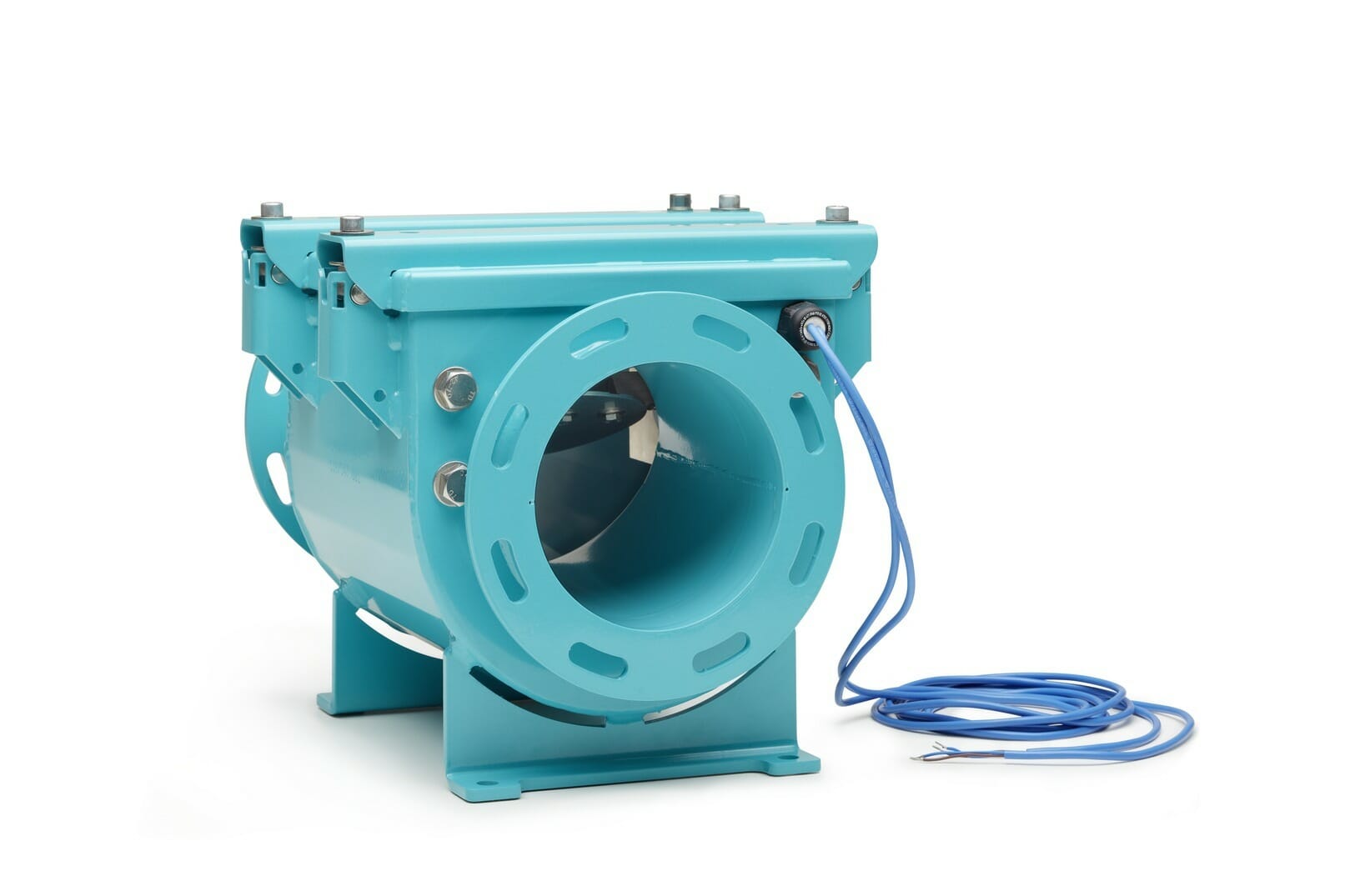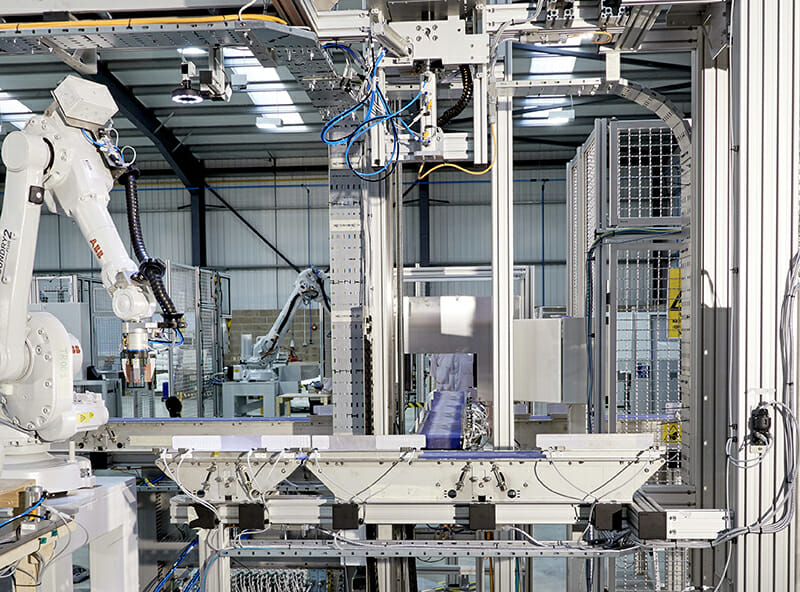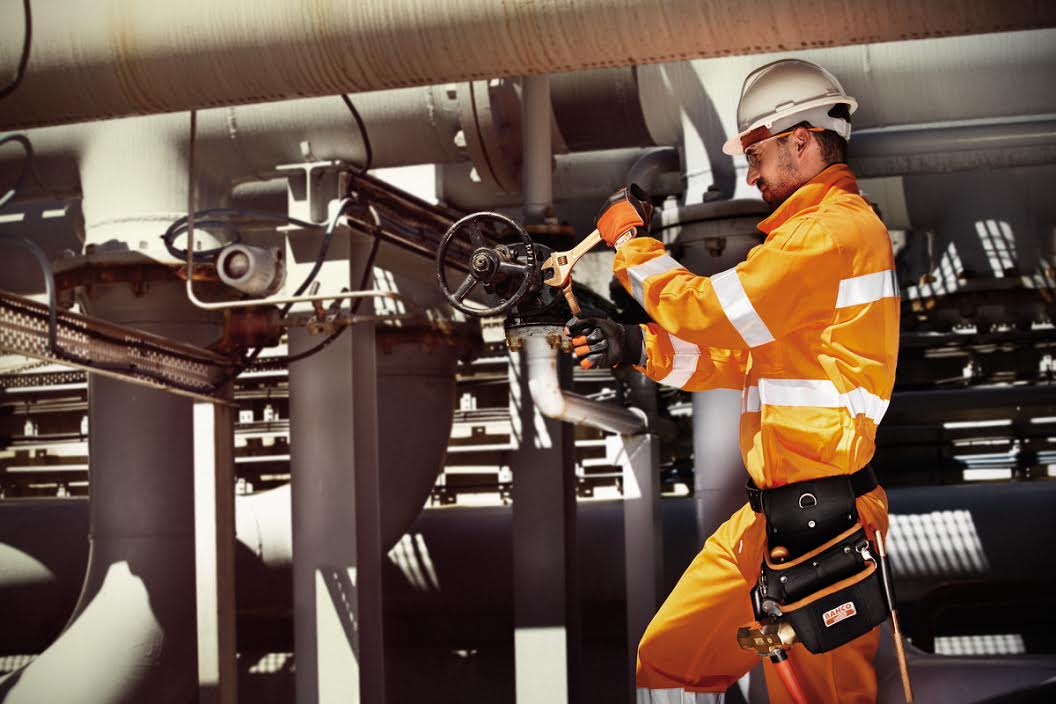Since their introduction in the 1990s, memory cards have remained among the most successful, trusted and low-cost storage solutions available. Consumer memory cards are cheap and commonly used to store images, videos, audio and text in portable devices such as cameras and smartphones. However, they are often also deployed for industrial applications that they are just not designed for.
Industrial-grade memory cards incorporate tough, reliable and high-quality components that can perform reliably over long periods of time to ensure maximum availability, minimal downtime and better return on investment. Industrial requirements are vastly different from personal or consumer use, being often not only mission critical but also safety and life critical. As more industrial systems become autonomous or require little to no human intervention, the efficiency of data storage and the timely access, delivery and analysis of information have never been more crucial.
Basing a decision on card capacity is a common mistake. For instance, believing that a “32GB card will be plenty of storage for our application”. SD cards have different modes, such as High Capacity (HD) and eXtended Capacity (XC), and may not work in every application, so it’s worth checking card compatibility from the outset.
Ideally, customers in the industrial sector should make purchasing decisions based on the total cost of a solution rather than immediate, short-term costs. Total cost of ownership may seem trivial for an SD or microSD card but when we factor in downtime of kit, engineering resource, logistics and human resource, not to mention customer dissatisfaction and any knock-on effects, it really is important to make the right decision from the design stage.
So, how do you choose the right storage solution for industrial applications?
Key considerations include (but are not limited to) reliability, endurance, data integrity, capacity, speed and compatibility. It may sound confusing, but by understanding what the cards are being used for and how much data is being written to them, the right solution can be found. An additional advantage of industrial-grade cards is that they are highly customisable and can be tweaked specifically for your application, for example to prolong card lifespan or use less power.
Expertise is on hand to guide you through the different types of memory cards, the pros and cons of each to ensure the right first time solution.
01622 852800

